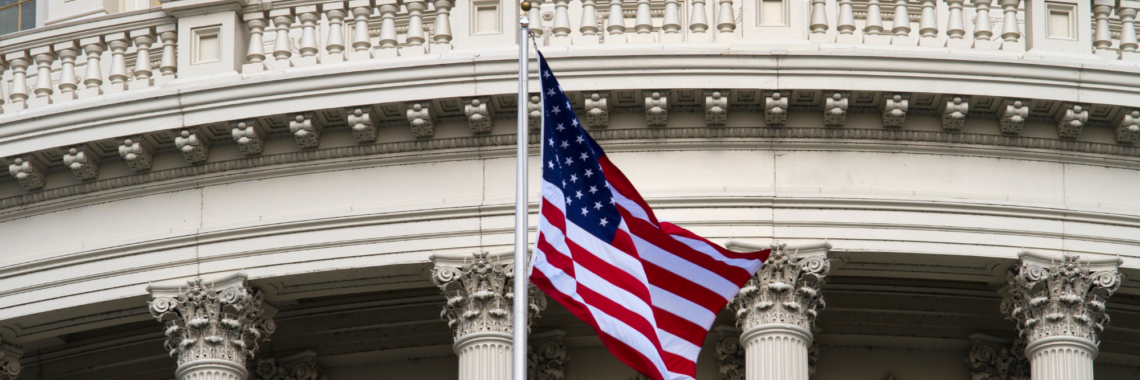“Secular Corporations, Religious Subjects” by Isaac A. Weiner
Photo by Bernard Hermant on Unsplash. This article is part of our “Religious Corporations and the Law” series.If you’d like to check out other articles in this series, click here. What is a religious corporation? After a number of high profile U.S. Supreme Court decisions over the past decade, this question has assumed great significance as…











